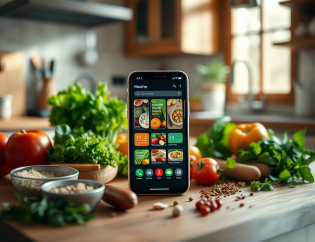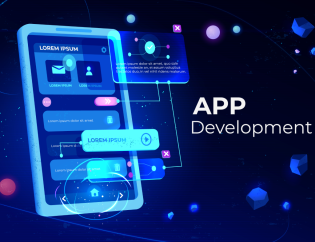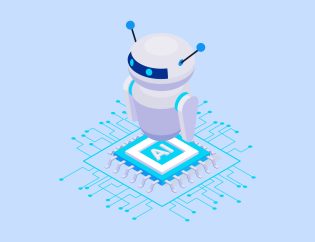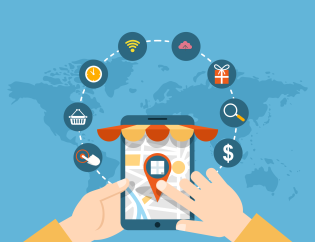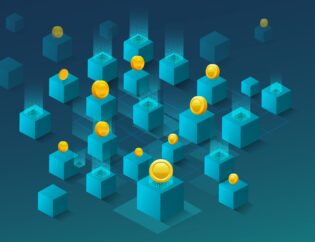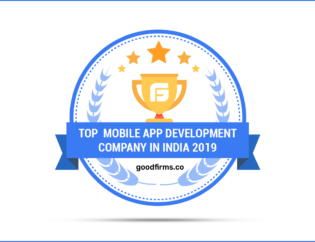
Mobile technology has revolutionized various aspects of our lives, including healthcare. Mobile applications, commonly known as mobile apps, are playing an increasingly important role in improving healthcare delivery, patient engagement, and overall health outcomes. With the widespread adoption of smartphones and the constant development of mobile technologies, healthcare professionals and patients alike are leveraging mobile apps to enhance the quality and accessibility of healthcare services. One of the most significant advantages of mobile apps in healthcare is their ability to improve the efficiency and effectiveness of communication between healthcare providers and patients.
Traditionally, patients had to rely on phone calls or in-person visits to get medical advice or schedule appointments. This often resulted in long waiting times and delayed responses. However, with mobile apps, patients can now connect with their healthcare providers anytime and from anywhere. This instant access to medical professionals not only improves the convenience for patients but also ensures timely and accurate communication, minimizing any potential complications. Additionally, mobile apps have been instrumental in increasing patient engagement and self-management of health. Through these apps, patients can monitor their vital signs, track their medications, access educational resources, and receive personalized recommendations for healthier lifestyle choices. These features empower individuals to take active control of their health and well-being, leading to better health outcomes. Patients are now more motivated to make positive changes in their lifestyle, such as exercising regularly or eating a balanced diet, as they can see real-time progress and receive reminders and encouragement through mobile apps. Another crucial role of mobile apps in healthcare is the facilitation of remote patient monitoring. Particularly relevant in the context of the current COVID-19 pandemic and the need for social distancing, mobile apps allow healthcare providers to remotely monitor patients' health data and provide virtual consultations. Patients can use mobile apps to transmit data such as blood sugar levels, blood pressure, or heart rate to their healthcare providers in real-time, eliminating the need for frequent in-person visits.
This level of remote monitoring not only reduces the risk of exposure to contagious diseases but also optimizes healthcare resources, allowing providers to focus on patients who need immediate attention, while stable patients can continue their care remotely. Furthermore, mobile apps have proven to be invaluable tools for healthcare professionals, enabling them to access and share medical information securely. Doctors can use mobile apps to access electronic health records (EHRs) and medical databases, facilitating accurate and evidence-based decision-making. Additionally, healthcare providers can use mobile apps to collaborate with their peers, consult specialists, or seek second opinions.
